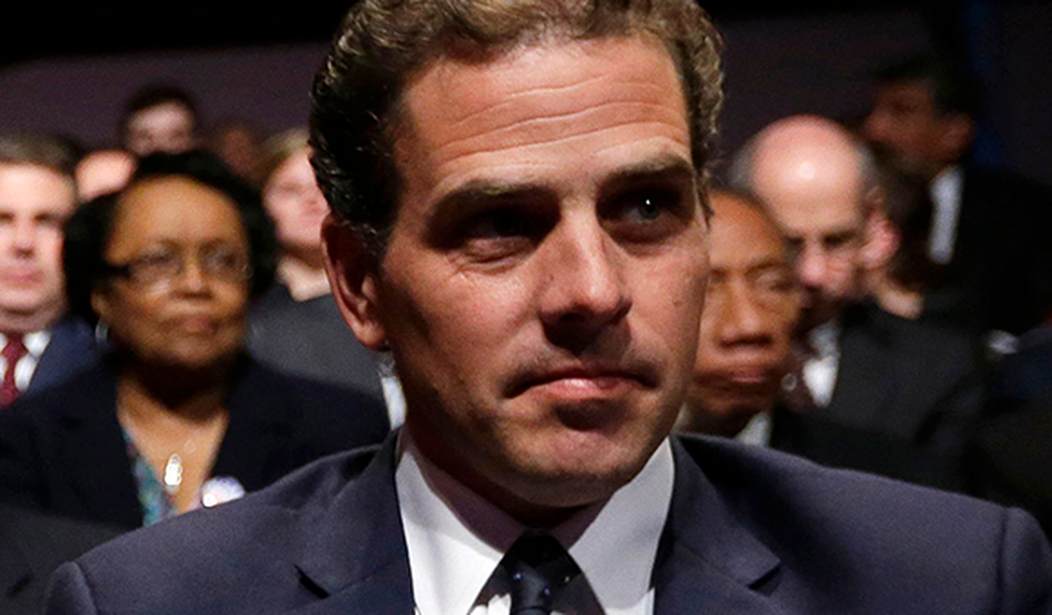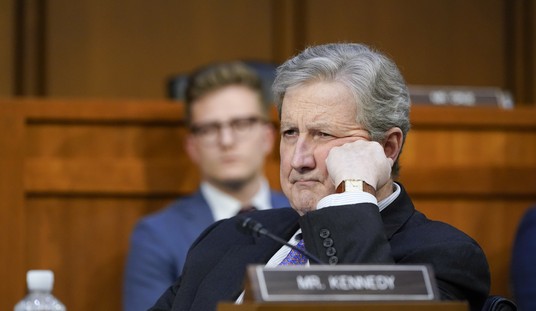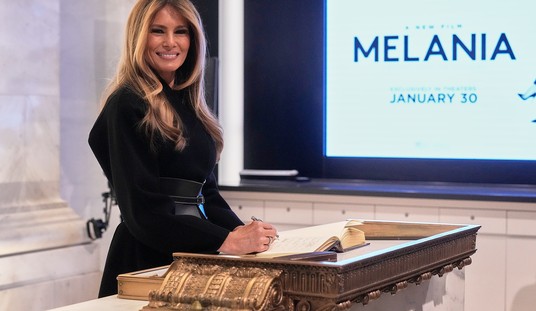
I reported yesterday on a significant development in the matter of Hunter Biden and his business history in Ukraine and China.
Hunter Biden’s business partner in all his business ventures abroad was a man named Devon Archer. Biden and Archer came to know each other through their shared relationship with Christopher Heinz, son of the late Pennsylvania Senator John Heinz, and the step-son of John Kerry.
Archer and Heinz were roommates at Yale, and Archer has been involved in a variety of business activities with Heinz and the Heinz family ever since. But of particular interest now is a company formed by Heinz, Archer and Biden called Rosemont Seneca Partners.
And it was Archer, already a member of the Board of Directors of Ukraine natural gas company Burisma Holdings, who recommended Hunter Biden to be named to an open Director spot on the Burisma Board even though Biden didn’t speak Ukrainian, had no experience in the energy sector, and had just been kicked out of the US Navy Reserve for drug use. Hunter was named to the Board one month after VP Joe Biden was made the “point man” in the Obama Administration to deal with Ukraine issues.
The Board position came with an $80,000 a month paycheck.
Devon Archer was indicted for securities fraud in the Southern District of New York in 2017 in connection with a fraudulent investment bond scheme orchestrated against an Indian Tribe. Seven people were charged in the indictment. Four – including the leader of the conspiracy, Jason Galanis – pled guilty prior to trial, while Archer and two others were convicted by a jury in June 2018.
The scheme involved convincing the Wakpamni Lake Community Corporation of the Oglala Sioux Tribe – “Tribe” – to issue a series of tax-free bonds to be sold to investors, with the promise that the funds from the sale of the bonds would be used to buy annuities from reputable companies. The Tribe was promised that the annuities would protect the principal invested while generating enough interest to make the interest payments to the investors, and the excess earnings would be used to fund development projects on Tribal land.
Prior to putting together this bond deal, a collection of defendants – including Archer – had been accumulating a series of small businesses and rolling them up together to create the appearance of a multifaceted financial services business. One of those companies was an insurance company, and the Tribe was told the annuities would be issued by that insurance company.
When the bond offering was put together, the documents authorized the transfer of the bond proceeds to a company with a name nearly identical to the insurance company’s name – but it was a shell entity that the defendants had created for the sole purpose of receiving the funds from the bond sales.
A company Archer was connected to — unnamed at this point — acquired controlling interest in an investment adviser, Hughes Asset Management. Hughes was used to purchase the entire first series of bonds for $28 million on behalf of Hughes’ clients. The fact that Archer was involved on both ends of the transaction, and this was not disclosed, was a big problem for Archer.
The $28 million went into the bank account of the shell entity, and none was used to buy annuities as had been represented to the Tribe.
Not knowing that the proceeds from the first bond offering had been diverted, the Tribe issued their second bond offering with a value of $20 million.
Archer and a second defendant purchased the entire $20 million offering, with Archer taking ownership through a company called Rosemont Seneca Bohai LLC. This was a real estate investment company which Archer ran along with a Chinese investment fund that provided capital.
It is also the company that received $3.4 million from Burisma Holdings over a three year period as compensation for the Board Service by Archer and Hunter Biden. The company paid Hunter Biden $700,000 in 2014-2015.
The funds used by Archer to purchase the second bond offering were taken from the shell company account holding the $28 million from the sale of the first offering. So the Tribe’s own money was used to buy the Tribe’s second bond issuance.
The Tribe then made their third and final bond offering, worth $16 million. Archer and another defendant acquired another Investment Advisor Company, Atlantic Asset Management, and through that company had the entire $16 million bond issuance purchased on behalf of one client, the Omaha School Employees Retirement System.
The proceeds from the sale of the third bond issuance went into the account of the shell entity controlled by the defendants. This time money from the account was diverted to the personal use of the various defendants, and was used by them to fund luxurious lifestyles.
While the funds from the sale were not invested in the manner that had been promised, interest payments to those who had purchased the first $28 million – clients of the Hughes investment company – came due in the fall of 2015. Archer transferred $250,000 from a company he controlled which was used to help pay the first interest payment to investors.
To come up with a justification for the movement of the money, Archer and others created a new company, falsified documents to show that the shell company invested capital in the new company (from the original $28 million), and the new company loaned the $20 million to Archer and the other defendant to purchase the second bond issue.
But the fraud could not be sustained at that point, and the scheme fell apart. The Indian Tribe had nothing from the $64 million in bonds issued in its name and leaving it with that debt, and investors who purchased bonds had lost nearly $40 million in principal as well as unpaid interest.
Archer declined to plead guilty – Jason Galanis, one of the leaders of the fraud, did so – and went to trial where he was convicted.
But Judge Ronnie Abrams set aside his conviction finding that the evidence of Archers’ knowing and intentional participation in a scheme he knew to be fraudulent was weak. She rationalized his conduct by suggesting he was being deceived by Galanis in the same manner the Tribe and the investors were deceived by Galanis.
The Second Circuit rejected Abrams’s reasoning and reversed her decision vacating Archer’s conviction. The Appeals Court ordered the matter back to her court to be set for sentencing.
Jason Galanis, who had pled guilty before trial, was sentenced to 189 months in prison. John Galanis, Jason’s father, had also gone to trial along with Archer and was convicted. Judge Abrams sentenced him to 120 months.
Devon Archer is looking at probably no less than 10 years himself — likely more. He suddenly has a very strong incentive to seek out an opportunity to cooperate in any federal investigation of any other person where he might assist in the investigation or prosecution of other crimes.
He was at Hunter Biden’s side at every step along the way of Hunter’s business dealings in Ukraine and China. If there are bodies to be unburied, Archer knows where to tell DOJ to dig.















Join the conversation as a VIP Member